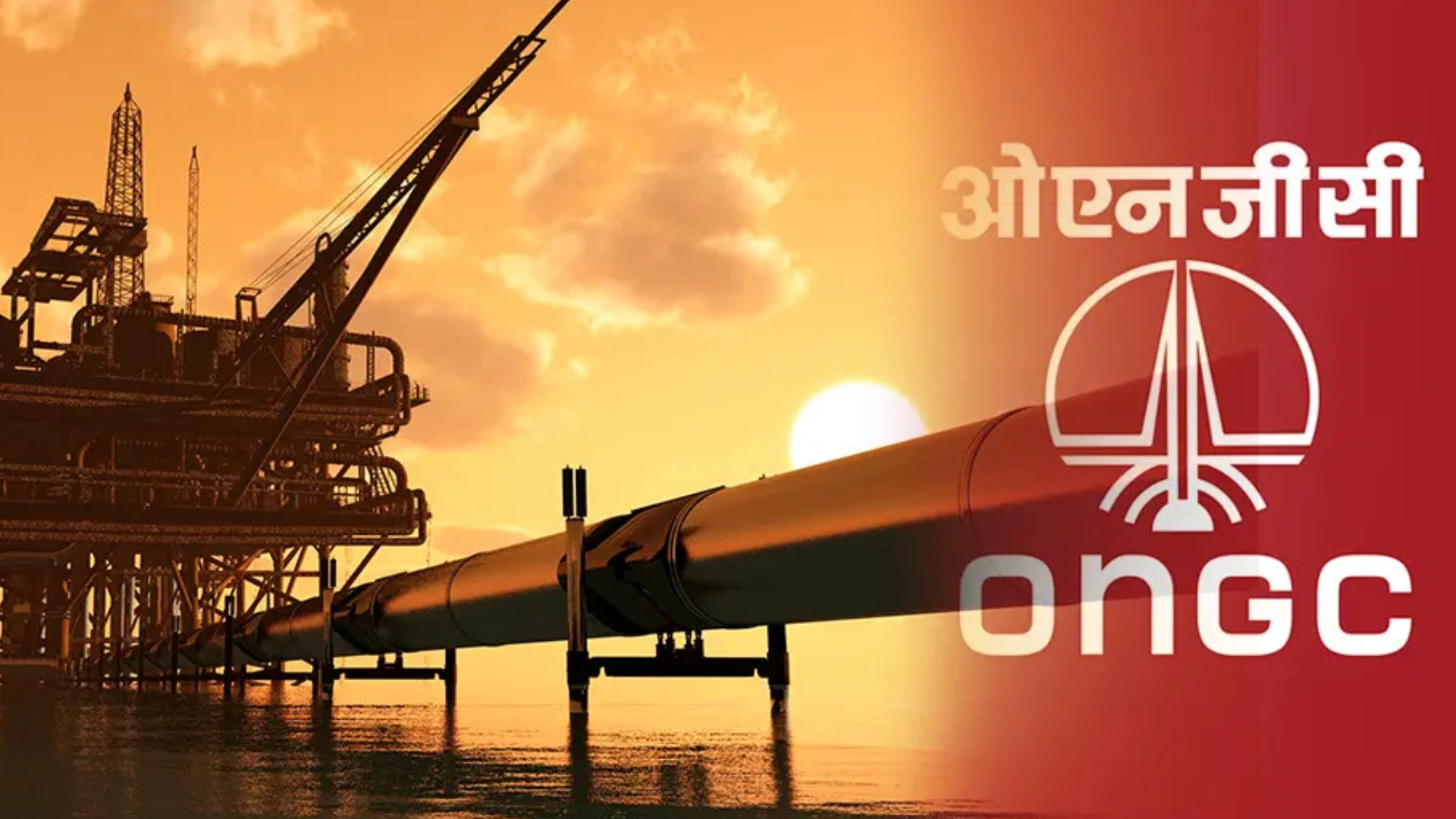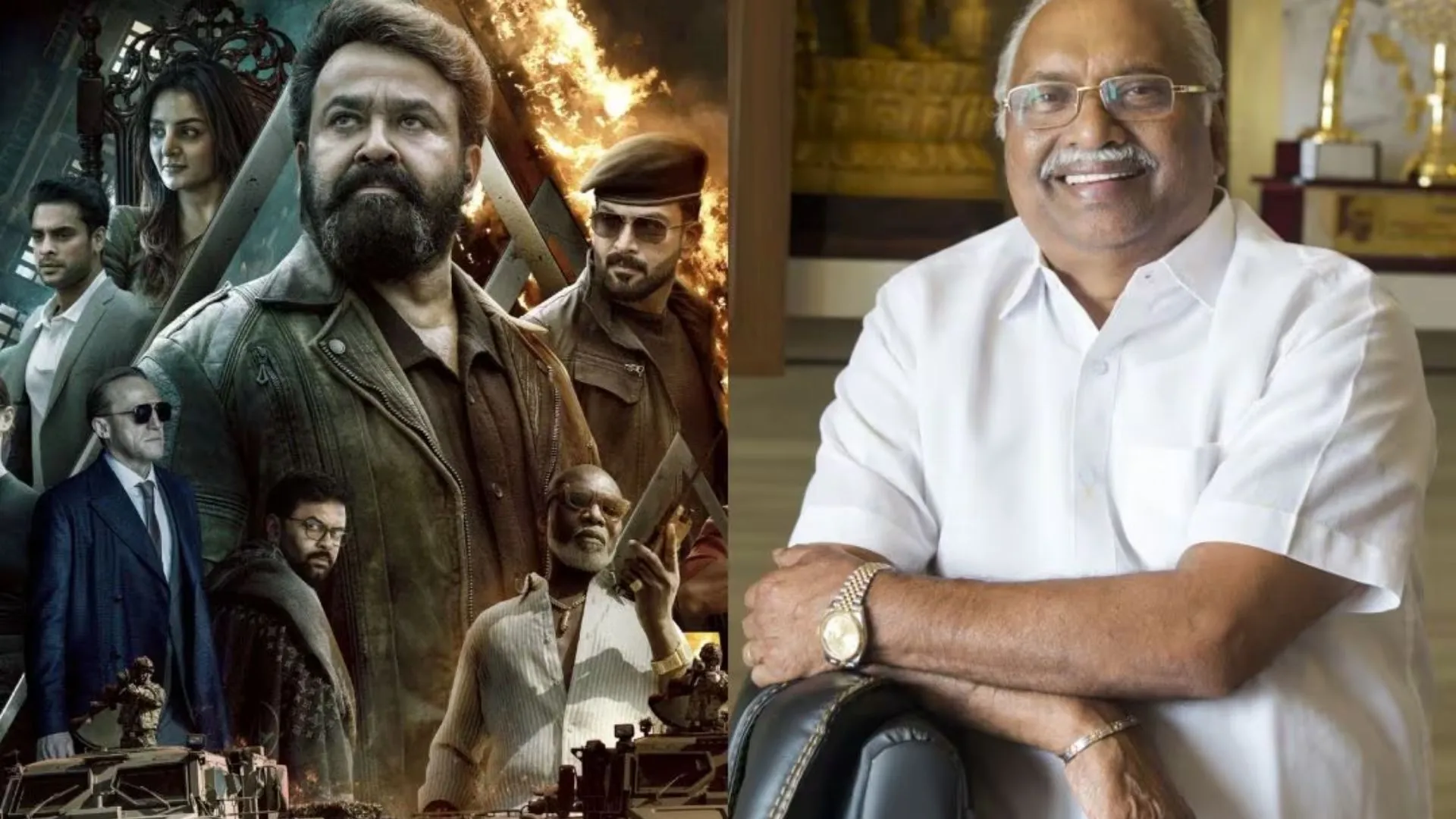2024 has been coined the “super year” for elections, with political leaders and parties worldwide facing significant voter backlash, a trend observed across both left- and right-leaning governments. This year, elections in around 70 countries, representing nearly half of the world’s population, have exposed widespread dissatisfaction among voters, fueled by growing economic hardship and the ongoing impact of the COVID-19 pandemic. Despite challenges, one leader has remained largely unaffected by the global wave of political discontent: India’s Prime Minister Narendra Modi.
Voter dissatisfaction, which spans both developed and developing nations, has been primarily driven by the lasting effects of the COVID-19 pandemic. High prices, sluggish economic recovery, rising migration, and tight government budgets have pushed citizens to the brink. A Pew Research Center poll across 24 countries revealed a sharp decline in the appeal of democracy as people increasingly feel that no political group truly represents their interests. This widespread disillusionment highlights a growing frustration with political elites, who are often viewed as out of touch with the needs of the common people.
In Western democracies, the trend of incumbents losing office is especially pronounced. Since the pandemic began in 2020, 40 out of 54 elections in Western nations have resulted in the defeat of sitting leaders. This stark pattern points to a significant “incumbent disadvantage,” as political elites struggle to address the economic and social challenges exacerbated by the pandemic. In the United Kingdom, the Conservative Party suffered its worst defeat since 1832, with the Labour Party reclaiming power after a 14-year absence. Across the English Channel, in France and Germany, the rise of far-right political forces has shaken the political landscape, leading to fragmented legislatures and uncertain governance.
MUST READ: EXPLAINED | What Led To Eknath Shinde’s Exit From Shiv Sena?
In France, the anti-immigration National Rally party dominated the first round of European Parliament elections, challenging President Emmanuel Macron’s government. Although strategic alliances helped curb the rise of the far-right, the election results highlighted the deep divides within the country. Macron subsequently called for a parliamentary election to restore balance and address the far-right threat.
South Korea also saw a shift in power in April’s parliamentary elections, with the liberal opposition party defeating the conservative ruling party. Meanwhile, in Japan, despite its long-standing ruling party, the Liberal Democratic Party (LDP), experiencing a strong rebuke from voters in October’s elections, the political climate remained tense with rising anti-incumbent sentiment.
India stands as a notable exception to the global trend. Prime Minister Narendra Modi’s Bharatiya Janata Party (BJP) faced a setback in June when it lost its parliamentary majority, despite initial expectations of a sweeping victory. Voter sentiment turned against the party, but it retained power with the support of regional allies. This result highlighted a significant shift in Indian politics, with a growing disillusionment among voters, particularly in urban centers. However, the BJP’s enduring control at the federal level underscores Modi’s unique ability to weather the global storm of anti-incumbent sentiment.
In contrast to many Western democracies, where dissatisfaction with incumbents has led to political upheaval, Modi’s political acumen and strong support base have allowed him to maintain power. This resilience comes despite a rise in issues such as unemployment, inflation, and economic inequality. The BJP’s alliance with regional partners helped preserve its position in the face of growing opposition, demonstrating Modi’s political adaptability.
In Africa, the trend of voter dissatisfaction is increasingly evident, particularly in countries with strong democratic institutions. South Africa, Senegal, and Botswana all witnessed government coalitions or leadership changes. Botswana, in particular, saw a historic shift when the ruling party lost power after 58 years. However, in nations with more authoritarian regimes, such as Rwanda, President Paul Kagame continued to secure overwhelming victories, illustrating the contrast between democratic and autocratic systems.
Mexico, too, bucked the global trend of anti-incumbent sentiment. President Andrés Manuel López Obrador’s handpicked successor, Claudia Sheinbaum, won the presidential election in June by a landslide, offering an example of sustained public satisfaction with the economic situation. In Mexico, voters appeared to be more content with the leadership’s economic policies compared to many other regions where inflation and economic hardship were major sources of discontent.
While many governments have faced substantial voter backlash in 2024, Narendra Modi’s leadership stands out as a major exception. Despite significant challenges, including rising economic concerns and social unrest, Modi and his party have maintained political dominance in India, making it clear that his ability to navigate these turbulent times remains unmatched by many of his global counterparts.
As the world faces mounting challenges in the wake of the COVID-19 pandemic and the subsequent economic fallout, the political landscape will continue to evolve. Whether Modi’s approach will serve as a model for other world leaders remains to be seen, but his resilience in the face of global voter discontent is undeniably remarkable.
ALSO READ: Delhi Air Emergency: Supreme Court Upholds GRAP-IV MeasuresTiil Further Orders





















